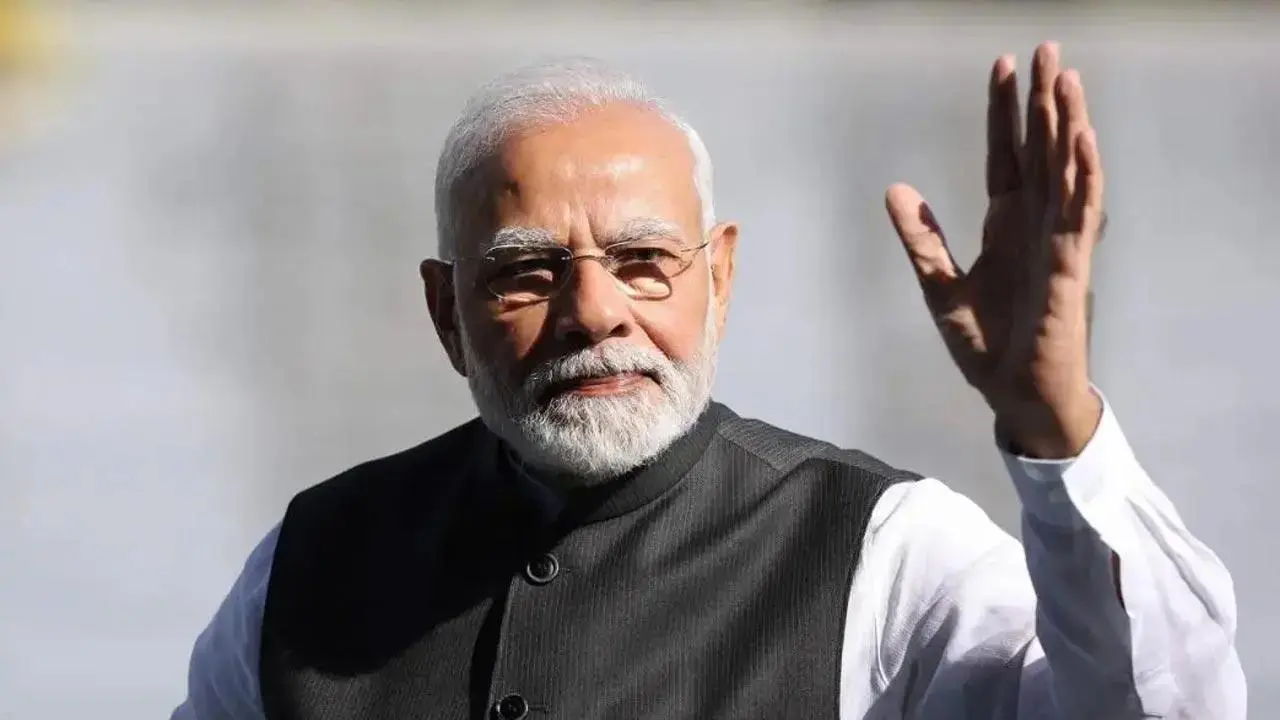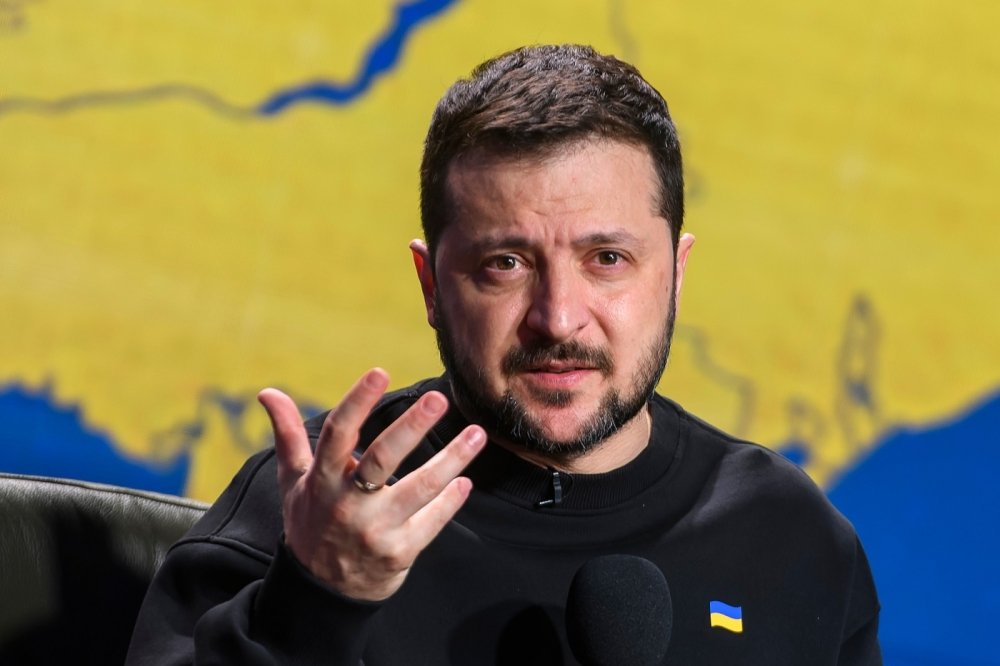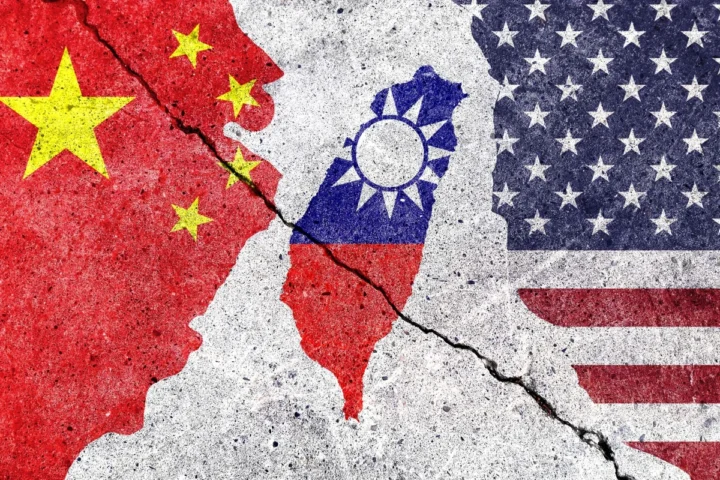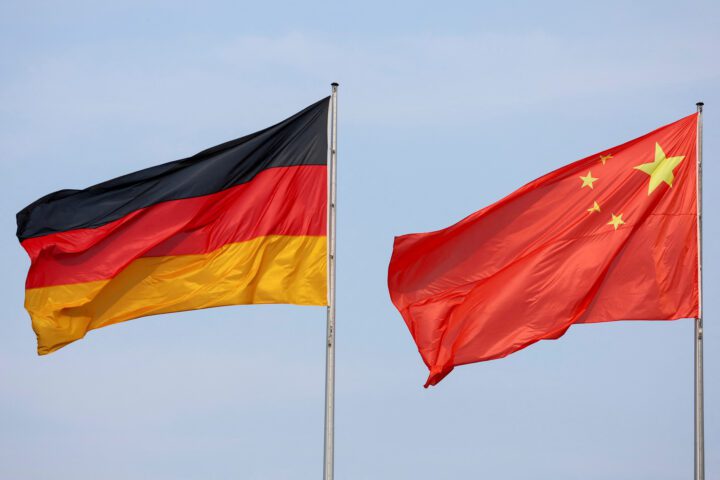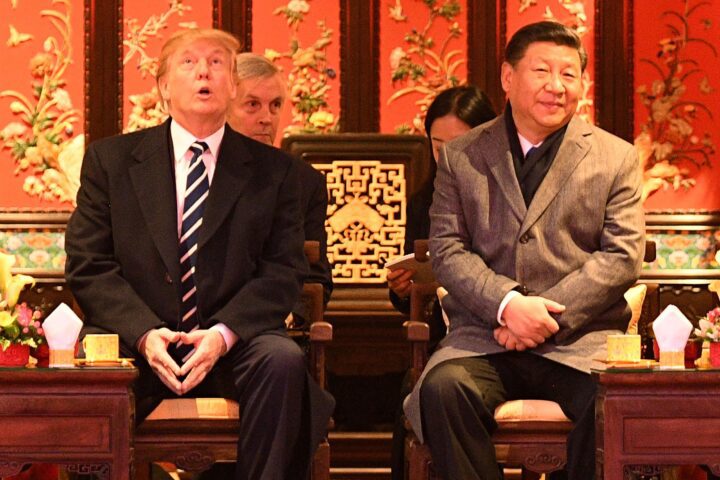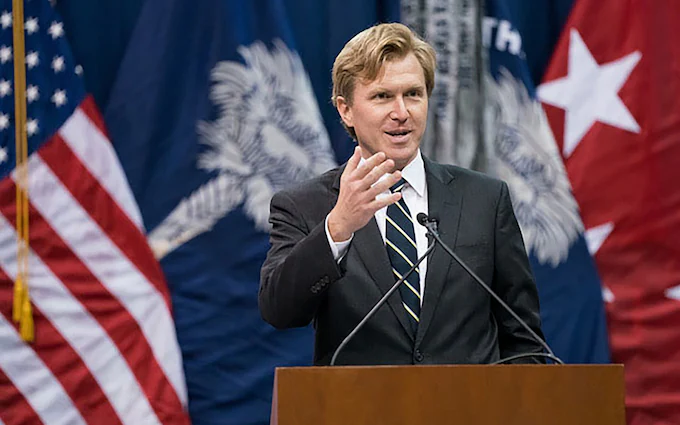Narendra Modi: Transformative Leader of Modern India
Narendra Modi, the 14th Prime Minister of India, is a prominent and influential figure in contemporary Indian politics. Born on September 17, 1950, in Vadnagar, Gujarat, Modi’s journey from a humble background to the highest office in the country is a testament to his determination and political acumen.
Early Life and Political Beginnings
Narendra Modi was born into a modest family and helped his father sell tea at a railway station during his childhood. His early experiences shaped his understanding of grassroots issues and the struggles of ordinary citizens. Modi joined the Rashtriya Swayamsevak Sangh (RSS), a Hindu nationalist organization, in his youth, which laid the foundation for his political career.
Modi’s political journey began in the Bharatiya Janata Party (BJP), where he quickly rose through the ranks due to his organizational skills and dedication. He served in various capacities within the party, gaining a reputation as a hardworking and effective leader.
Chief Minister of Gujarat
In 2001, Modi was appointed as the Chief Minister of Gujarat, a position he held until 2014. His tenure as Chief Minister was marked by significant economic growth and development in the state. Modi implemented policies that promoted industrialization, infrastructure development, and investment, transforming Gujarat into one of India’s most prosperous states.
However, his tenure was also marred by controversy, particularly the 2002 Gujarat riots, which resulted in significant loss of life and property. Modi faced criticism for his handling of the situation, but he was later cleared of any wrongdoing by the Supreme Court of India.
Prime Minister of India
In 2014, Narendra Modi led the BJP to a historic victory in the general elections, becoming the Prime Minister of India. His campaign focused on economic development, good governance, and a vision of a “New India.” Modi’s leadership style is characterized by his decisive actions, strong communication skills, and ability to connect with the masses.
Key Policies and Initiatives
Modi’s tenure as Prime Minister has seen the implementation of several key policies and initiatives aimed at transforming India. Some of the notable ones include:
- Make in India: An initiative to boost manufacturing and attract foreign investment.
- Digital India: A campaign to improve digital infrastructure and increase internet connectivity across the country.
- Swachh Bharat Abhiyan: A nationwide cleanliness drive to improve sanitation and hygiene.
- Goods and Services Tax (GST): A major tax reform to create a unified tax structure across the country.
- Ayushman Bharat: A health insurance scheme aimed at providing affordable healthcare to millions of Indians.
Challenges and Criticisms
Modi’s leadership has not been without challenges and criticisms. His government has faced scrutiny over issues such as rising unemployment, economic slowdown, and handling of social and religious tensions. The controversial Citizenship Amendment Act (CAA) and the abrogation of Article 370 in Jammu and Kashmir have sparked significant debate and protests.
Legacy
Narendra Modi’s legacy is still being shaped, but his impact on Indian politics and society is undeniable. Supporters view him as a transformative leader who has brought about significant economic and social changes. Critics argue that his policies have deepened social divides and undermined democratic principles. Regardless of perspective, Modi’s influence on India’s trajectory is profound and will be studied for years to come.
